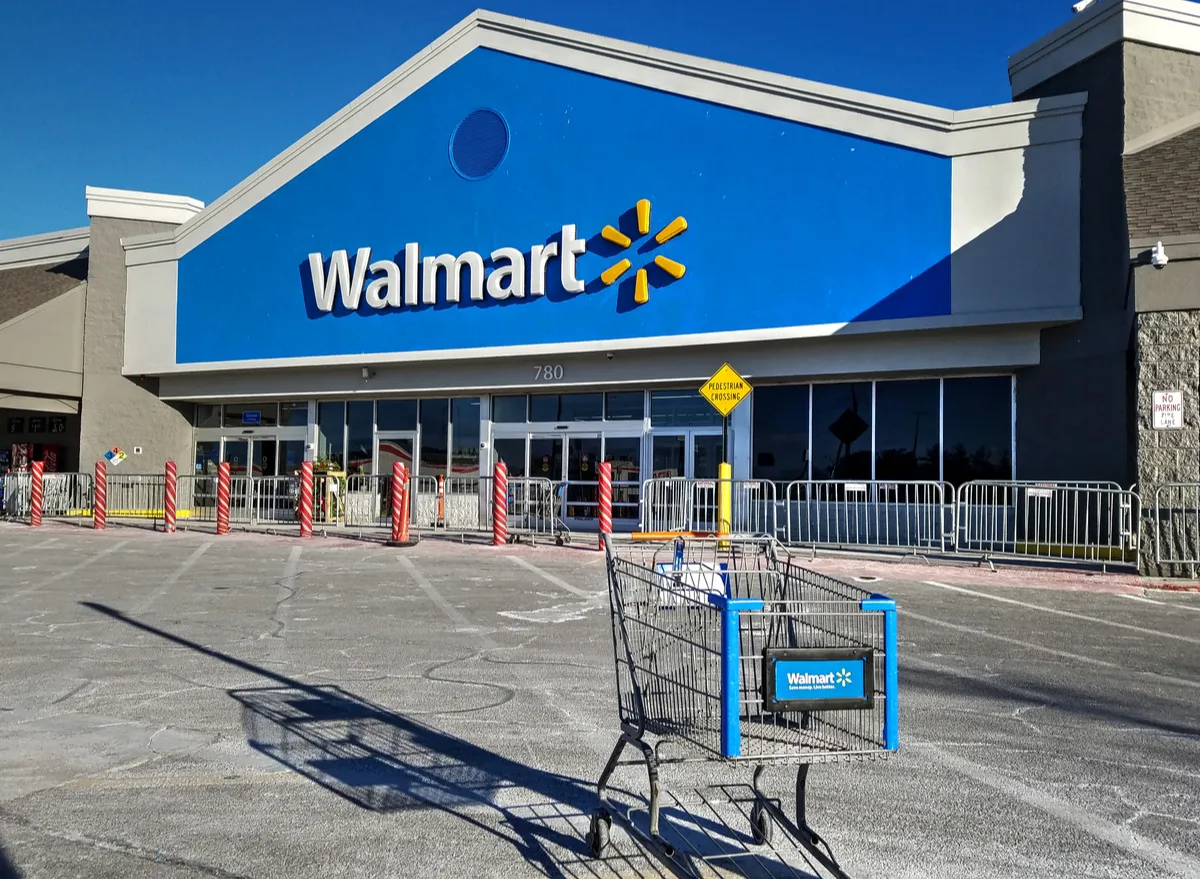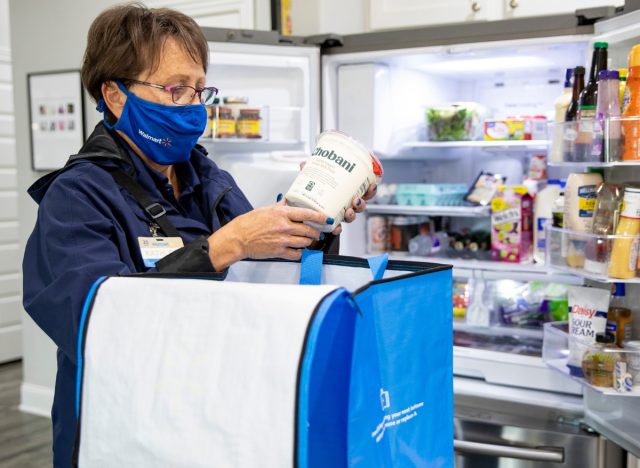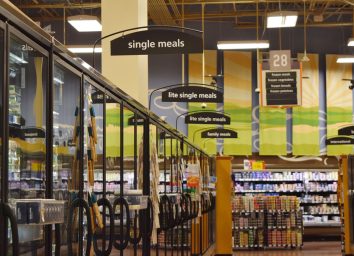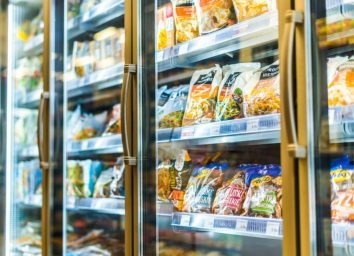Walmart Is Losing Customers Through This

Walmart, which takes the title of America's most popular grocery destination, is losing a customer base that it's been working diligently to build the last few years. While it still is the biggest retail and grocery chain in the nation, it seems the big box store still has some work to do before shoppers see it as the premier delivery company as well.
In an effort to not be outdone by Amazon's Prime subscription service, Walmart launched its Walmart+ membership platform a few years ago, which it recently combined with its InHome delivery. Although robust, it hasn't been enough to keep online shoppers buying.
According to new data, Walmart+ has lost customers in the last few months, Business Insider reports. It's the first time the program has seen negative growth since it was launched two years ago, despite numerous updates and additional perks tacked on since the start of the pandemic. There are around 11 million members now, compared to 11.5 million in the first few months of the year.

The program costs shoppers $98 a year or $12.95 a month. It offers free delivery on up to 180,000 items (both groceries and products), as well as free next-day delivery on any items shipped by Walmart. Prior to Walmart+, the company operated another delivery service that bought items directly into customers' houses. While InHome didn't take off as Walmart wanted, it recently added the service Walmart+, a move which analysts believe is to lean into the company's strength—groceries.
"Walmart.com and Walmart+ are very much grocery-centric these days," Josh Lowitz, a partner and co-founder of the company that pulled the data, Consumer Intelligence Research Partners, in an interview with Business Insider. "So it makes sense to enhance the service specifically in grocery, as opposed to adding video subscriptions or who knows what else."
Currently, Walmart is crushing its biggest competitor Amazon in the groceries department, an upward momentum it probably wants to keep up. In fact, the average American household still spends roughly 10 times as much on food and beverages at Walmart than at Amazon, according to a comparison from PYMNTS.
To further solidify that margin, Walmart has been looking to improve its delivery systems—something that Amazon has long been at the forefront of. Recently, the company announced in June that it will be building four new fulfillment centers with the capability to pack and ship online orders more efficiently so it can grow its online presence.
As America's largest grocery retailer, it seems Walmart wants customers to not only come in-store to shop for food but to make its online presence the biggest in the country as well. "And I think they're making headway in that direction," Lowitz said.









